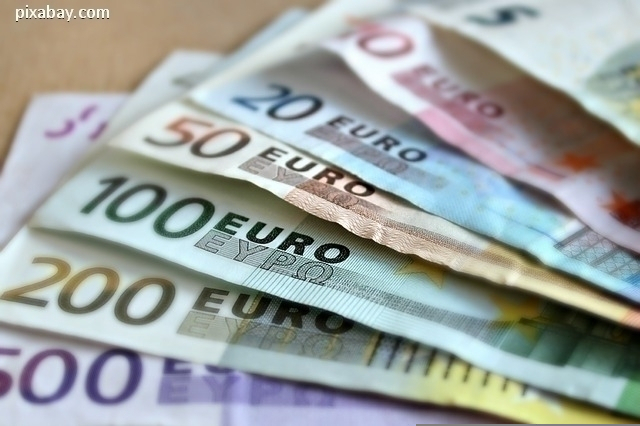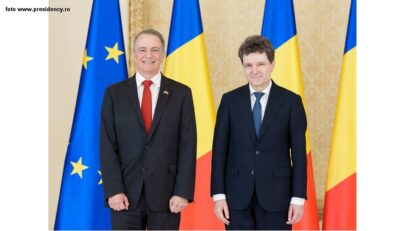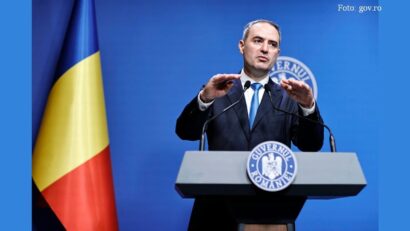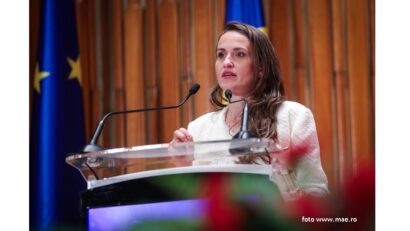Central Bank’s reserves on the rise
The Central Banks' reserves have reached a record high

Bogdan Matei, 03.05.2023, 13:50
The longest-serving in office among all the key figures of post-communist Romania is the Governor of the Central Bank, Mugur Isărescu. Born in 1949, Isărescu is also the longest-serving head of the central bank in the world, having been governor since 1990. In 1999, he left for a year as an independent to head the center-right coalition government of the time, and then ran, unsuccessfully, in the presidential elections, where he obtained only 9.54% of the votes in the first round. After that he returned to the position of governor, with which he has been identified for almost a quarter of a century.
He is not necessarily liked by everyone, but no one disputes his competence and dedication, especially since he continues to record achievements in the governor’s seat. The National Bank of Romania has accumulated a record foreign exchange reserve, which exceeded 53 billion euros at the end of last month. Compared to March, the increase is 112 million euros. The level of the gold reserve remained at 103.6 tons, so Romania’s international reserves – currency plus gold – are getting closer to the value of 60 billion euros, an unprecedented amount in the country’s history.
Economic analyst Constantin Rudniţchi stated for Radio Romania, that a large foreign exchange reserve gives confidence to investors. The increase in foreign exchange reserves is largely due to the inflow of European funds, says Rudniţchi, but what is surprising, however, is that the money is not going at the pace it should to the implementation of projects, especially those include din the National Recovery and Resilience Plan. Constantin Rudniţchi:
There is a problem, though, namely that this consolidation of the foreign exchange reserve shows us that European money is not spent in the economy, that is, it remains in the accounts of the National Bank, because this is the route, it consolidates the reserve, increases it, but does not reach the economy for reasons that we see, namely that projects, especially those stipulated in the NRRP, are not carried out in a more dynamic, faster way. As a conclusion, I think we can say that the foreign exchange reserve is an asset, if we can call it that, which provides more confidence in the Romanian economy. When we go to the markets and borrow, for example, it can be an asset, perhaps one of the few assets, because if we look, as I said, at the trade balance deficit, at the budget deficit, at the debt level that is growing rather quickly, these are rather question marks for those who want to buy Romanian government securities or Romanian bonds, but the foreign exchange reserve is an anchor that anyone can rely on in case of need.
On the other hand, also from a press release from the NBR, it appears that the payments due in May 2023 in the account of the public debt denominated in foreign currency, direct or guaranteed by the Ministry of Finance, amount to around 272 million euros. (MI)






























